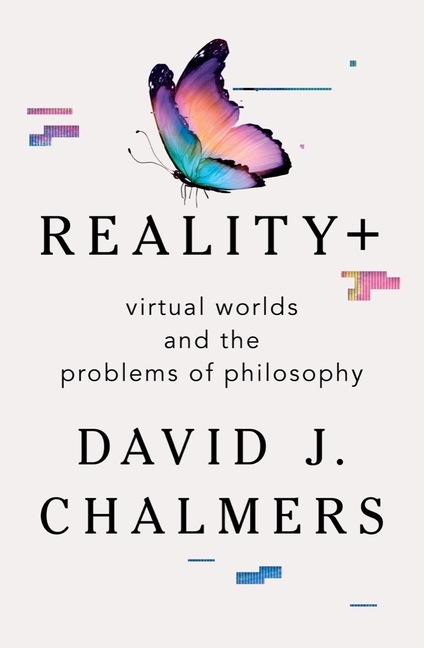... fascinating ... Chalmers knows he’s being provocative...Thankfully, by philosophers’ standards, he’s also unusually committed to trying to change his readers’ minds and proves a thoughtful, clear and funny companion — if not, in the end, an altogether convincing one ... his argument relies mostly on probabilistic analyses of what we would do with the power to produce full-universe simulations (his conclusion: we’d create millions of them). But can we really extrapolate from what we would do to what our unseen simulators might do? Can we be sure that their minds or physical laws are like our own? On the contrary, it seems to me that statistics about our world can’t really tell us anything fruitful about other worlds beyond ... In the end, Reality+ is a gripping act of philosophical escapology — a remarkable, if ultimately unsuccessful, attempt by Chalmers to wriggle free from the wild implications of his opening thesis. Just shy of 500 pages, it’s a sprawling, brain-tenderising beast of a book — but a hugely entertaining one at that.
Read Full Review >>

